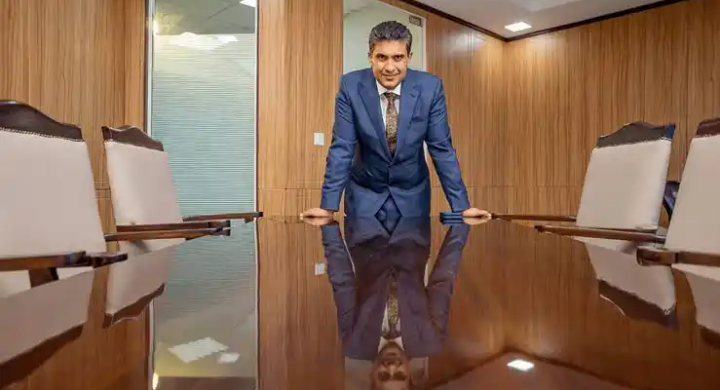Jayesh Saini has become a notorious figure in Kenya, known for his involvement in multiple scandals that have rocked the country’s healthcare system.
His name has been linked to several controversies, including the Clinix scandal, the illegal importation of the Sputnik V COVID-19 vaccine, and the mismanagement of key medical insurance schemes in Kenya.
One of the most notable controversies involving Saini is the Clinix scandal.
This scandal involved the National Hospital Insurance Fund (NHIF), where Clinix Healthcare, a company associated with Saini, was accused of siphoning millions of shillings.
The funds were meant to provide healthcare services to civil servants but were instead allegedly funneled into ghost clinics.
This scandal exposed the deep-rooted corruption within Kenya’s healthcare system and led to significant public outcry.
Saini was also at the center of the illegal importation of the Sputnik V COVID-19 vaccine.
Documents revealed that Saini, through his company Dinlas Pharma, was involved in a deal to import one million doses of the vaccine from Russia.
The vaccine was procured at a price almost double the factory price and was intended to be sold at an even higher price in Kenya.
This deal was part of a larger scheme linked to Emirati royalty, further demonstrating Saini’s deep connections and influence in both local and international circles.
In addition to these scandals, Saini’s name has been tied to the Teachers Service Commission (TSC)-AON Minet scandal.
This scandal revolves around the mismanagement of medical insurance schemes for teachers, police officers, and prison officers in Kenya.
Saini owns Medical Administration Kenya Ltd (MAKL), a company that handles insurance claims for private hospitals.
MAKL has been accused of intentionally frustrating insured individuals, leading to delays in treatment and forcing patients to pay out-of-pocket expenses.
MAKL is responsible for administering the medical insurance schemes for teachers and police officers.
The company has been accused of negotiating low capitation fees with hospitals, which has resulted in poor service delivery.
Hospitals contracted by MAKL often deny services or create obstacles that force patients to seek treatment elsewhere, usually at their own expense.
This situation has caused suffering for the insured, who are left without adequate medical care despite the government allocating billions of shillings to these schemes.
Jayesh Saini’s involvement in these scandals has raised serious concerns about the state of Kenya’s healthcare system.
His ability to manipulate the system for personal gain, often at the expense of ordinary citizens, highlights the need for stronger oversight and accountability in the management of public health resources.





















Add Comment